Sukkot is a Jewish holiday that takes place in the fall, five days after Yom Kippur. Also known as the Festival of Booths or the Feast of Tabernacles, Sukkot is a time of joy and celebration, as well as a time to connect with nature and reflect on the blessings of life.
The central ritual of Sukkot is the building of a
sukkah, a temporary dwelling that is meant to represent the huts that the Israelites lived in during their journey through the desert. The sukkah is constructed using natural materials such as bamboo, branches, or corn stalks, and is covered with a roof of branches or leaves that is open to the sky. It's customary to eat meals, sleep, and spend time in the sukkah during the seven days of Sukkot.
Sukkot has several meanings and themes that are woven into its traditions and practices. Here are a few of them:
- Connection to Nature: Sukkot is a time to connect with nature and appreciate the beauty and bounty of the natural world. The sukkah is a reminder of the temporary and fragile nature of human existence, as well as a symbol of the harvest and the abundance of the earth. By spending time in the sukkah, we are reminded of our dependence on nature and the need to protect and care for the environment.
- Community: Sukkot is a time to gather with family, friends, and community members, and to strengthen our relationships with one another. The sukkah is a welcoming space where people can come together to share meals, stories, and laughter, and to connect with one another in a meaningful way.
- Gratitude: Sukkot is a time to express gratitude for the blessings of life, including food, shelter, and community. By spending time in the sukkah, we are reminded of the simple pleasures of life and the importance of gratitude and humility.
In addition to the building of the sukkah, Sukkot is also marked by several other customs and rituals. These include the shaking of the lulav and etrog, a bundle of four species of plants that are waved in six directions to symbolize God's presence everywhere in the world, and the reading of the book of Ecclesiastes, which reminds us of the impermanence of life and the need to enjoy the present moment.
In conclusion, Sukkot is a holiday that celebrates the beauty and bounty of nature, the importance of community, and the power of gratitude. By building a sukkah, shaking the lulav and etrog, and gathering with loved ones, we are reminded of the richness of life and the need to cherish and protect the world around us.

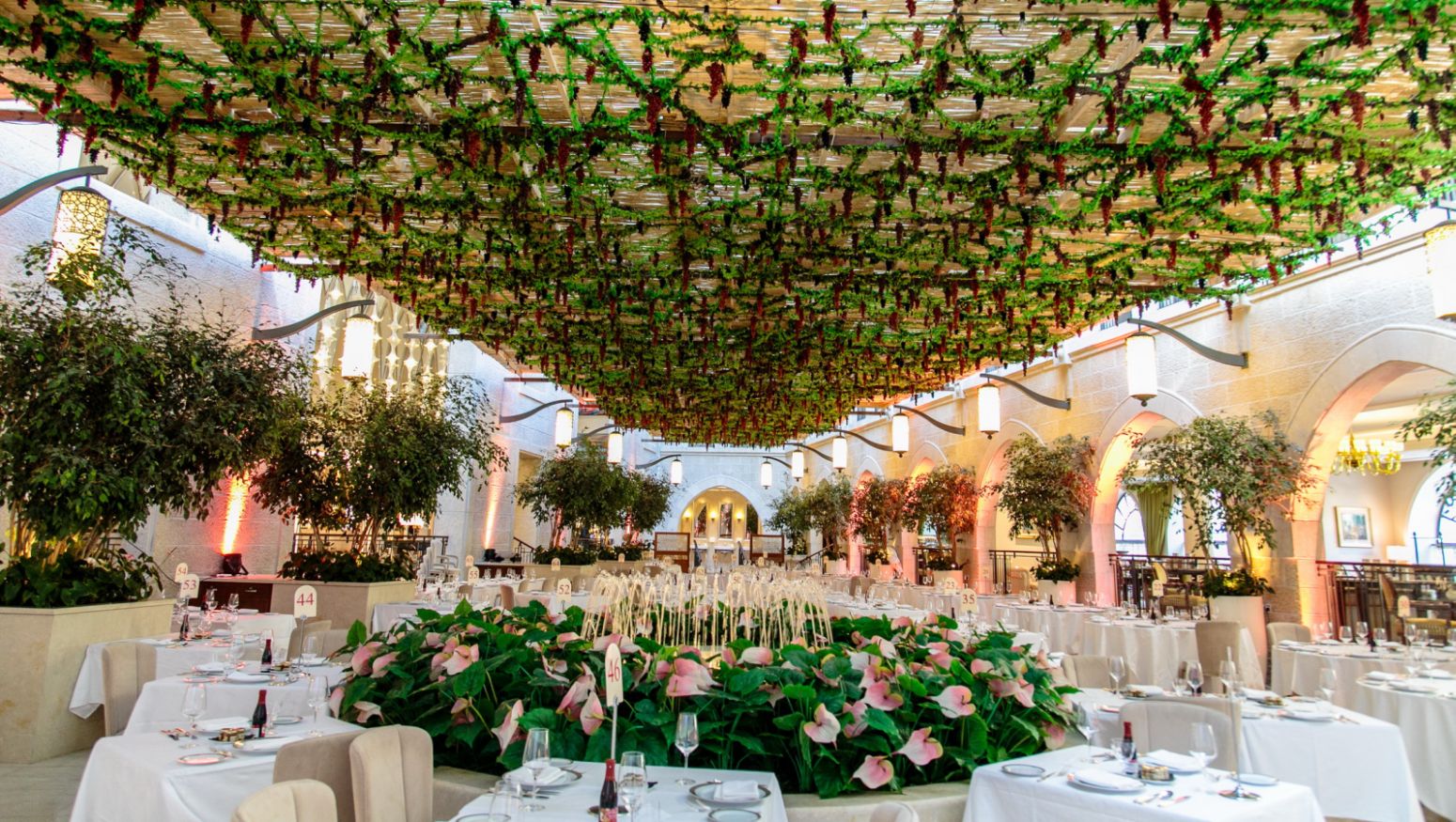








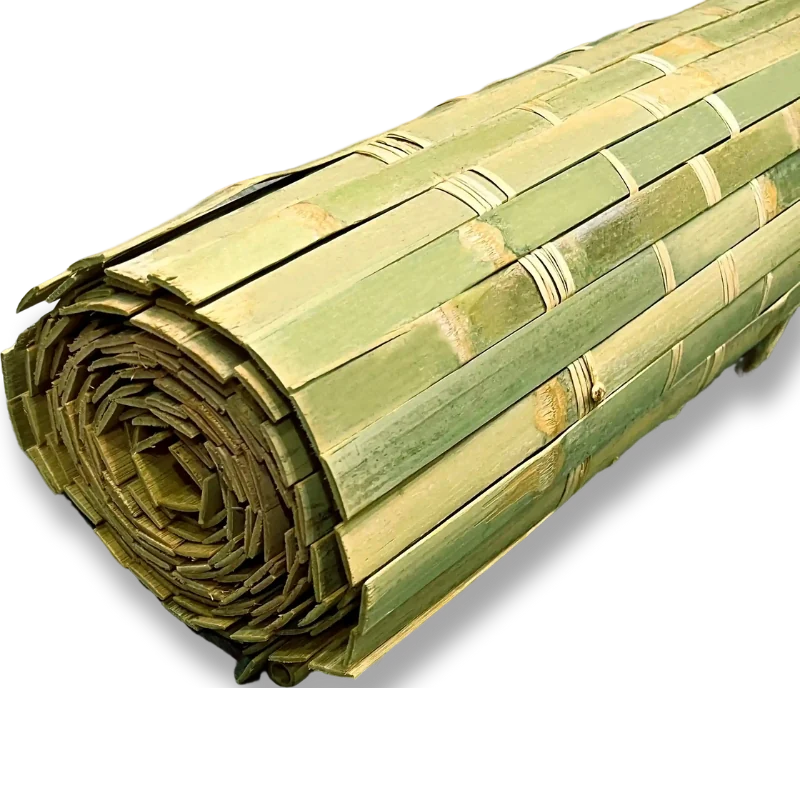

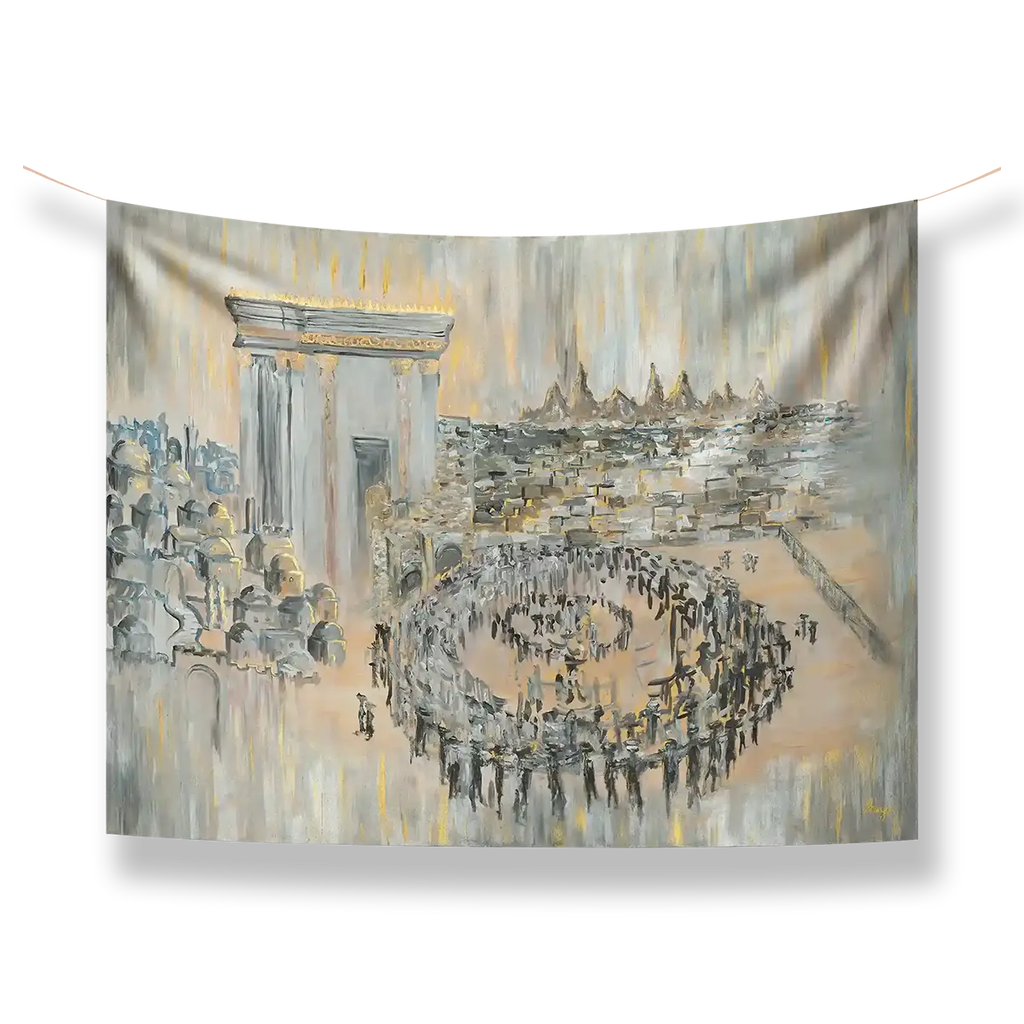

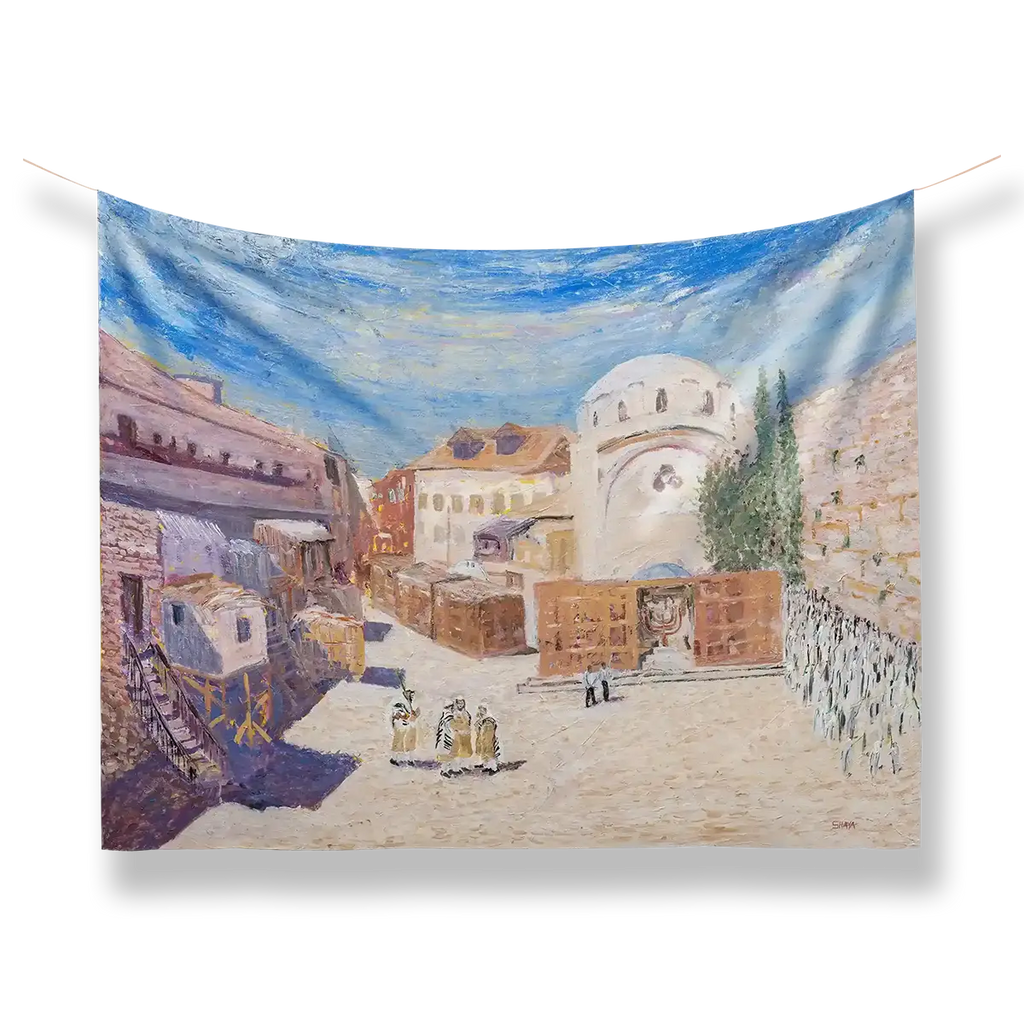
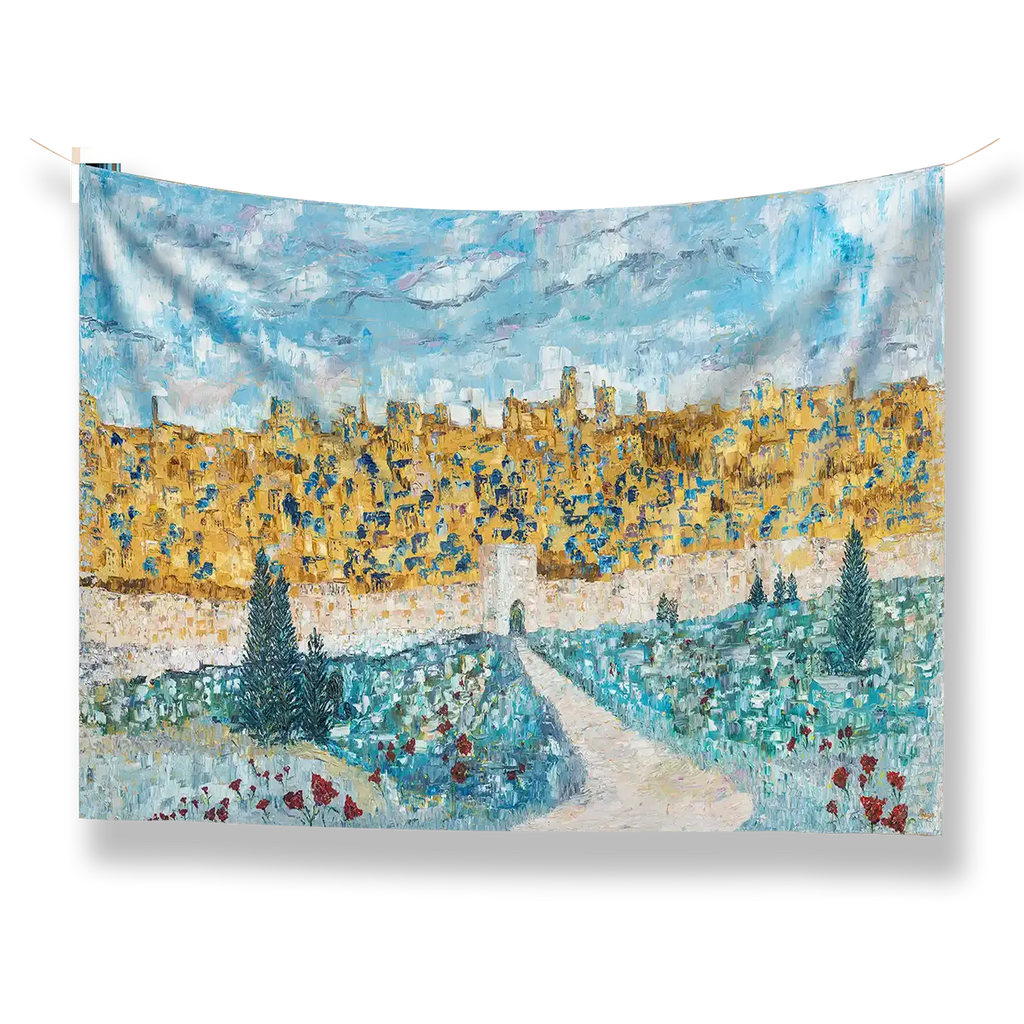
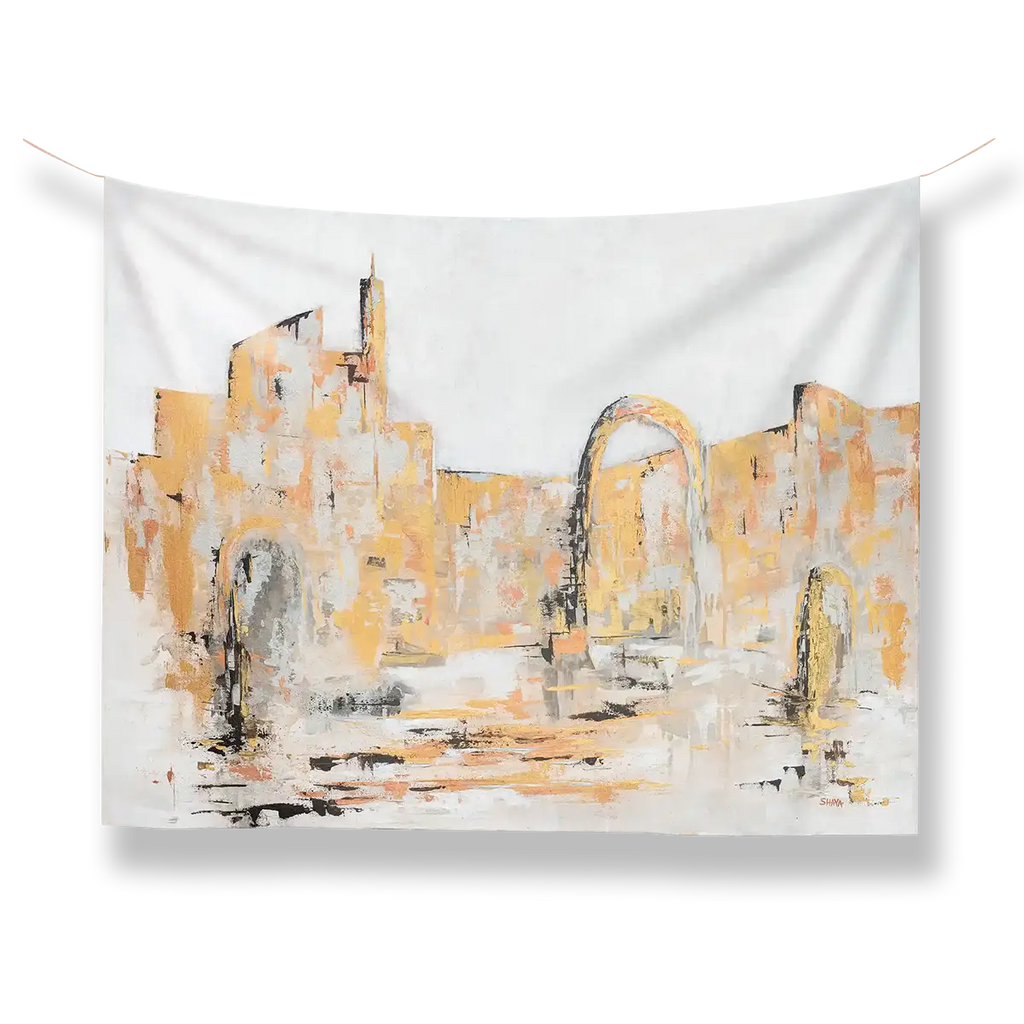
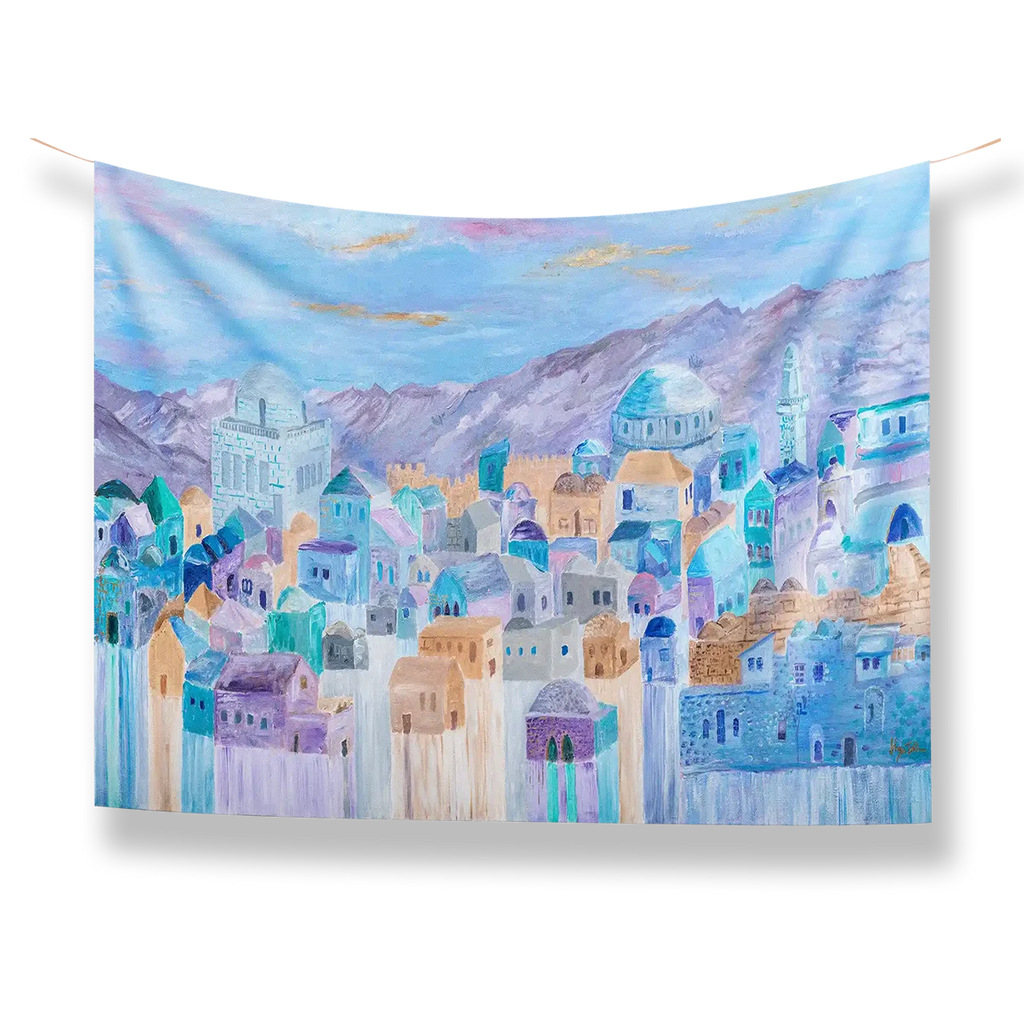









Leave a comment